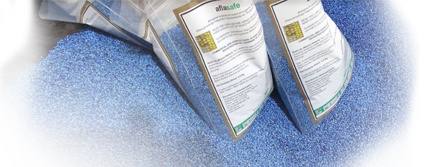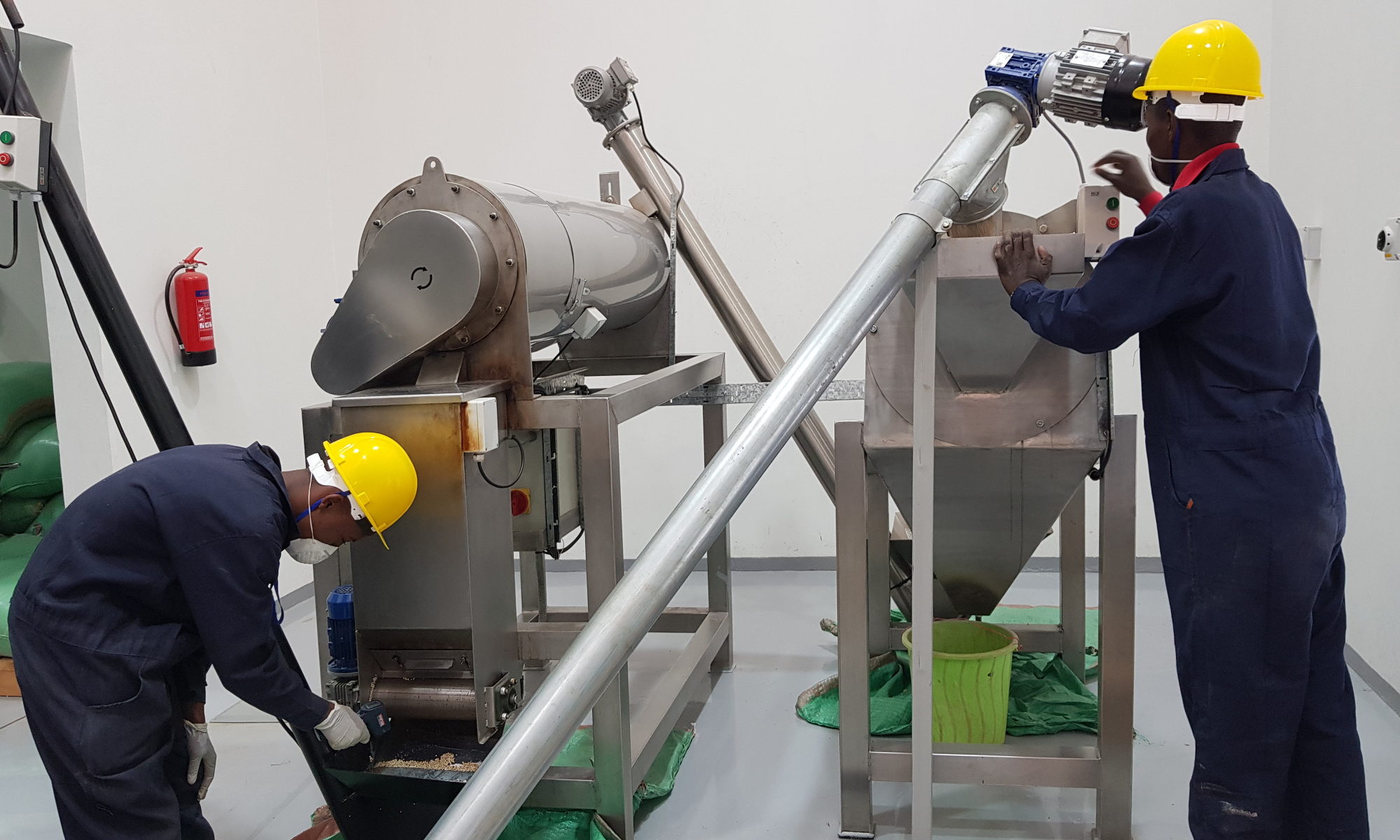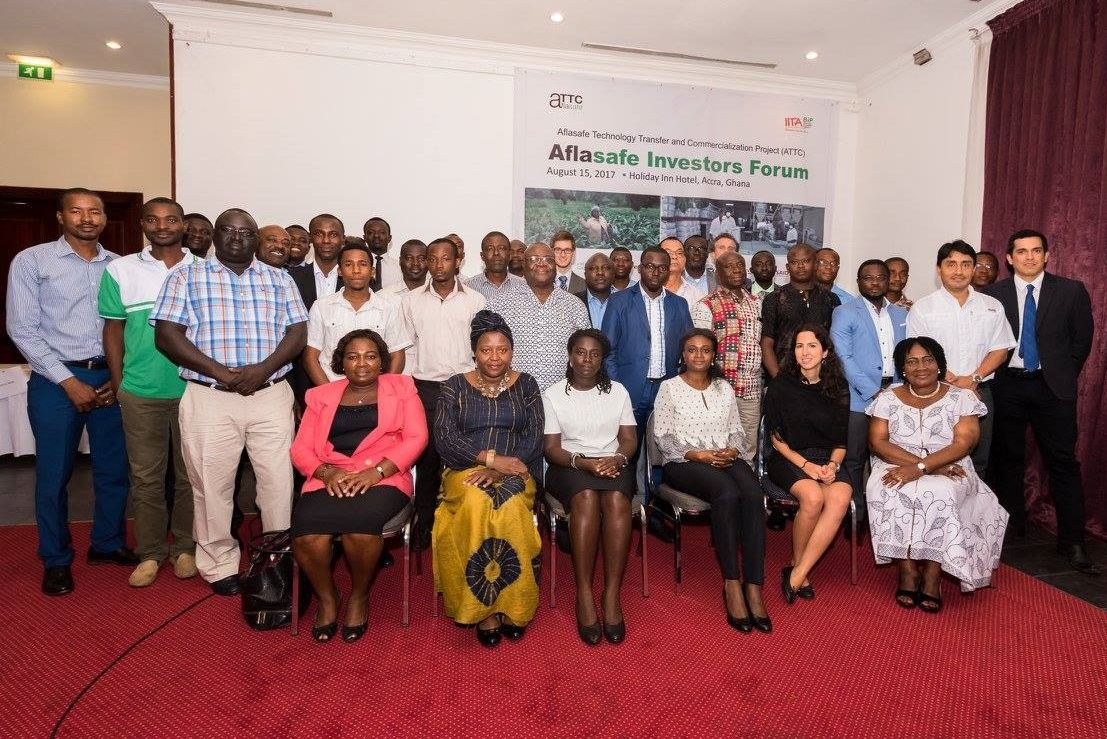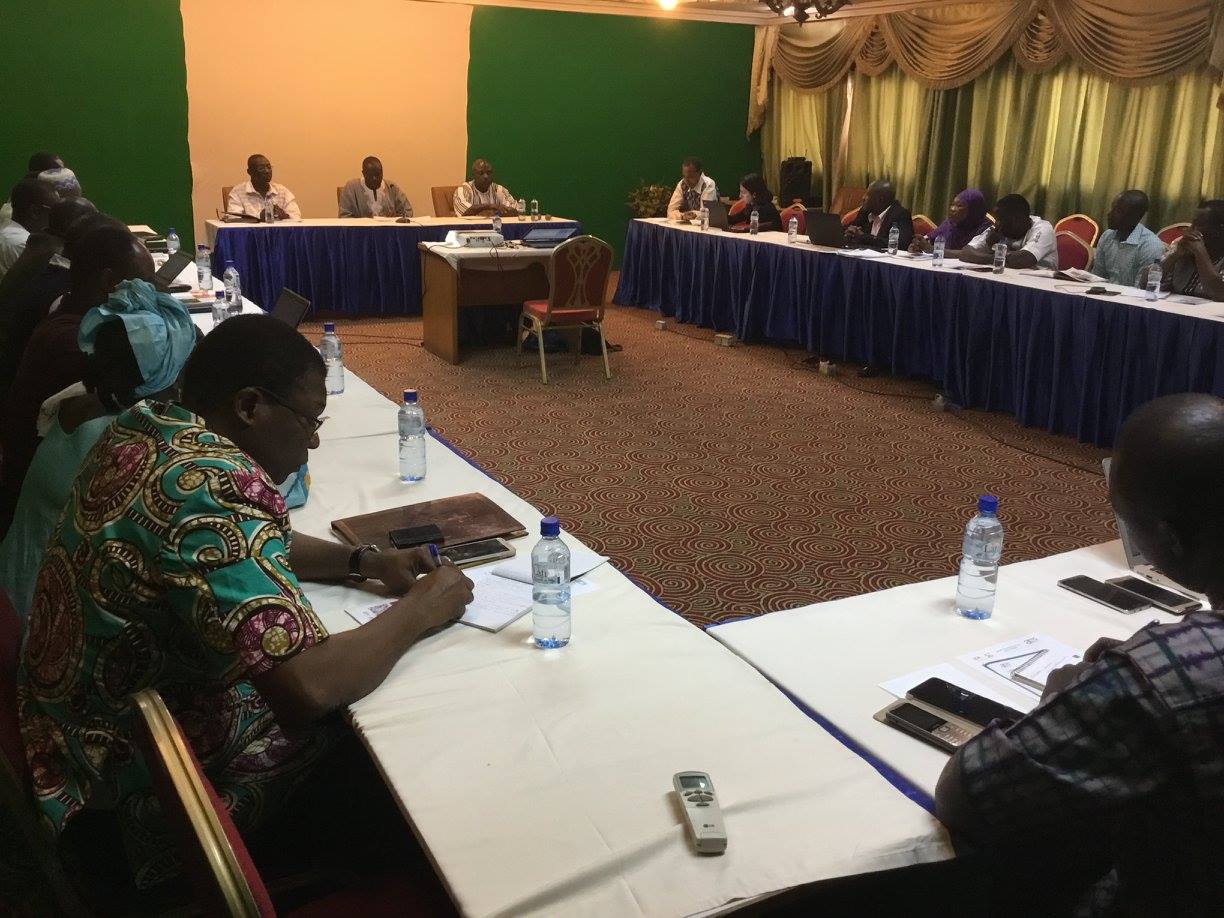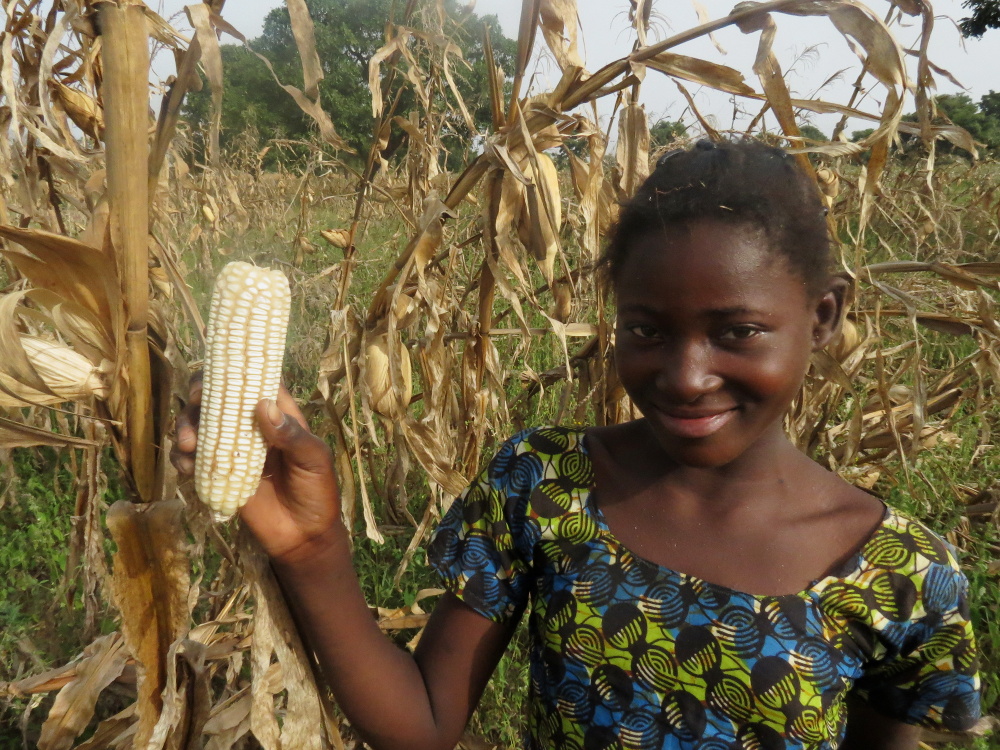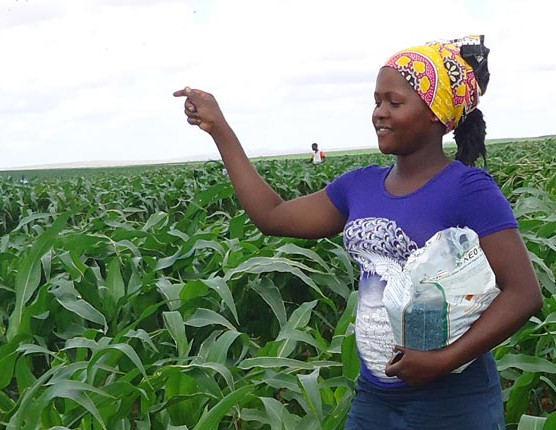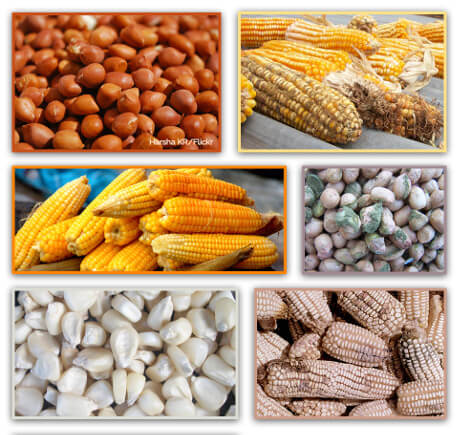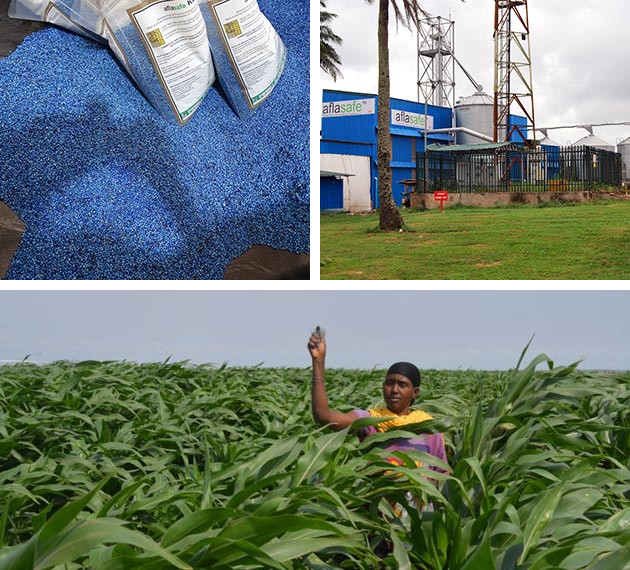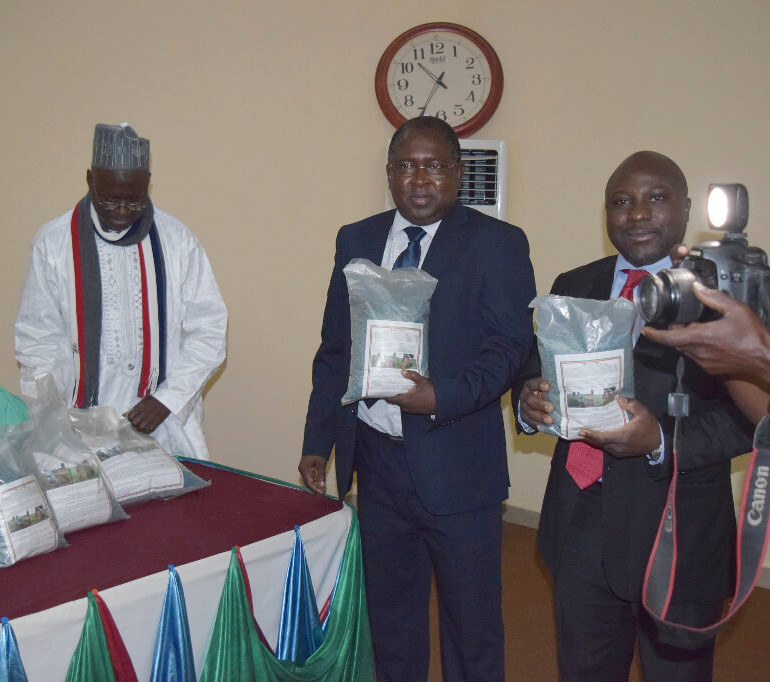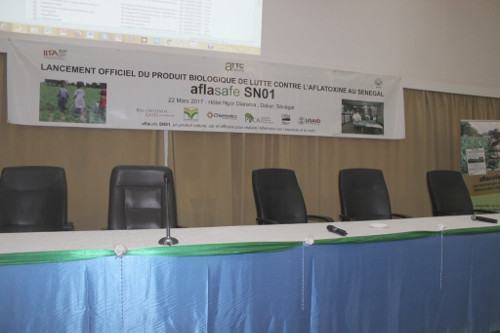The Aflasafe KE01 factory at Katumani, Eastern Kenya, is nearly complete. Facilities for grain intake, cleaning and storage are still pending. Nonetheless, makeshift arrangements have been made and the factory has so far produced 20 metric tonnes (MT) of Aflasafe during December 2017. Its total lifetime output stands at 22 MT, of which 2 MT …
Continue reading “Aflasafe KE01 factory in production, orders steadily streaming in”

